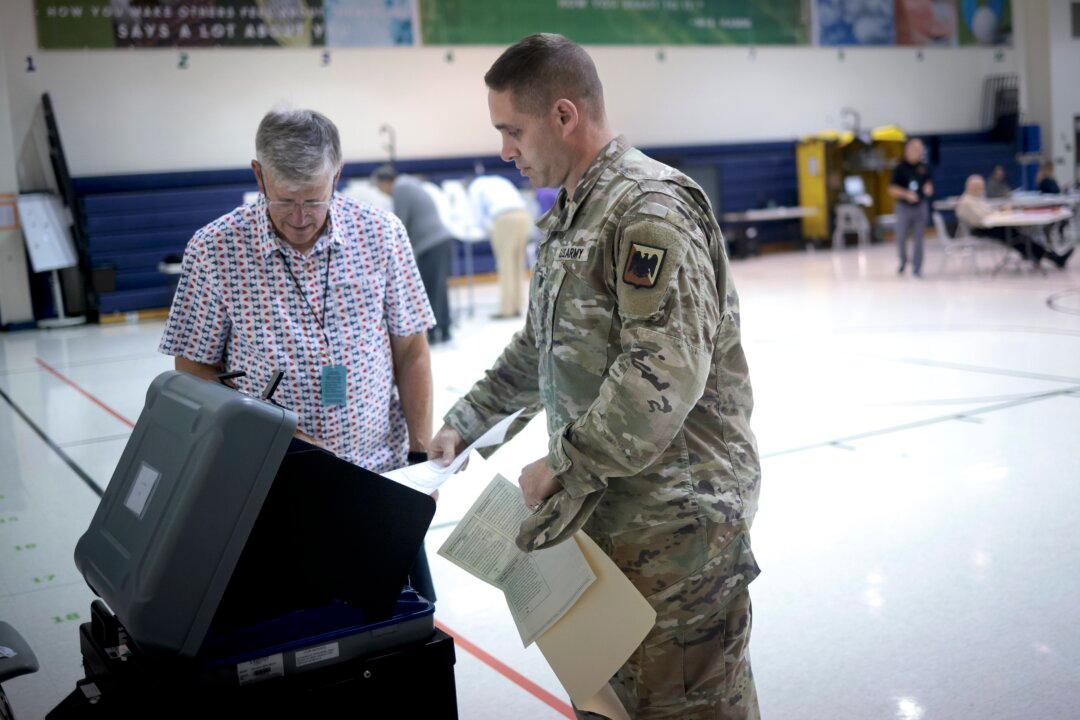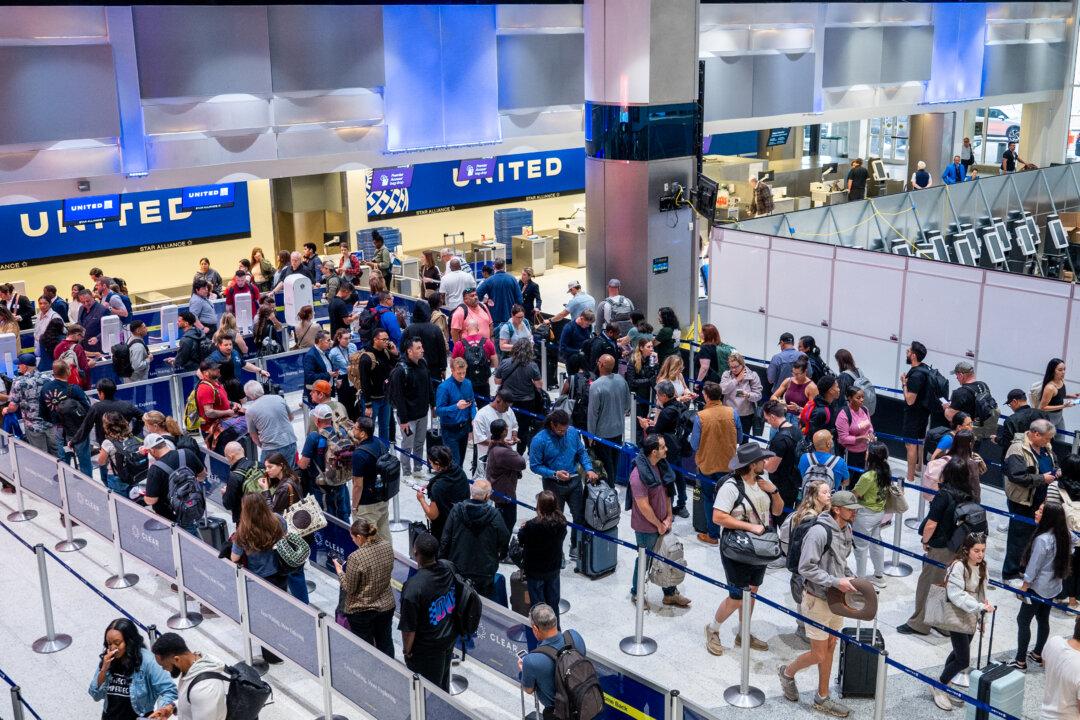The United States’ federal cybersecurity agency sees no “specific or credible” threats facing election infrastructure as Americans head to the polls on Nov. 7, according to a senior Cybersecurity and Infrastructure Security Agency (CISA) official.
On Nov. 7, the agency, which is part of the U.S. Department of Homeland Security, briefed reporters on its elections operations center. The center, according to CISA, joins federal, state, and local election officials, as well as members of the private sector, to share real-time threat information.





